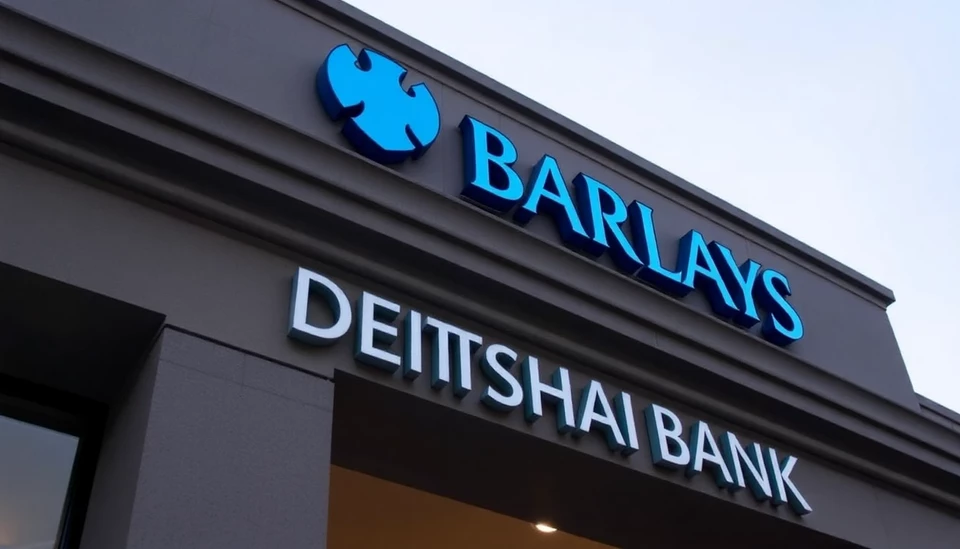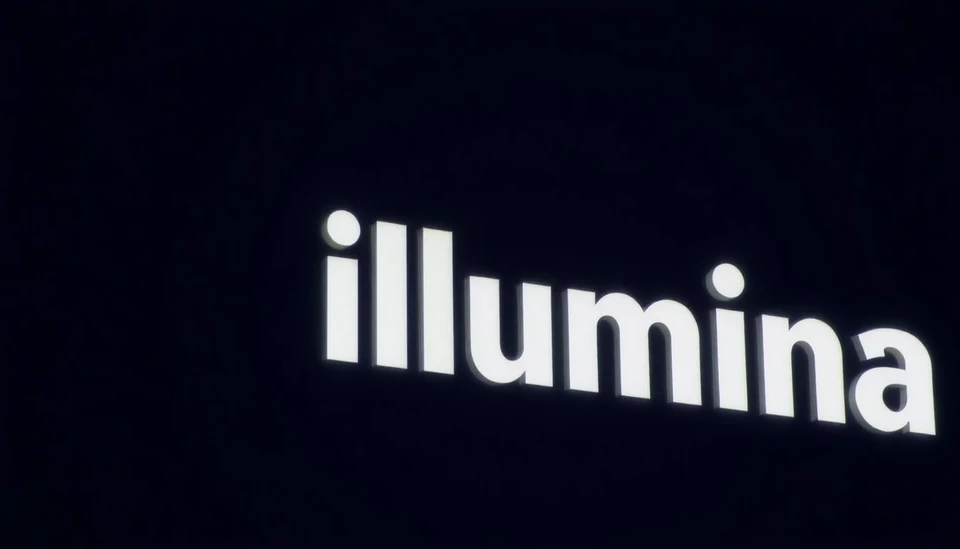
In a striking shift in the investment landscape of the Gulf region, recent analysis reveals that venture capital (VC) funding in Saudi Arabia and the United Arab Emirates (UAE) has significantly decreased. According to data from Magnitt, a leading source of startup ecosystem insights in the Middle East, venture capital funding in these two pivotal countries dropped by over 50% in the last year, marking the steepest decline seen since 2019.
This downturn is particularly notable considering the previous years' momentum in the startup sector, where both Saudi Arabia and the UAE had been attracting substantial investments. The recent statistics indicate a fall from $6 billion in 2021 to around $2.6 billion in 2022, underscoring the stark transition in investor confidence and market conditions.
The reasons for this substantial decrease are varied, spanning economic, geopolitical, and local market dynamics. Analysts suggest that rising interest rates, ongoing inflationary pressures, and global economic uncertainties are contributing to a more cautious approach from investors. Furthermore, heightened scrutiny of startups' profitability and the sustainability of their business models is influencing investment decisions.
Echoing these sentiments, industry leaders are calling for a reassessment of the investment strategies in light of changing economic conditions. They emphasize the need for startups to demonstrate clear pathways to profitability, combined with strategic pivots and innovation to rekindle investor interest. While many entrepreneurs are grappling with these challenges, there are also signs of resilience, as some companies continue to secure funding by adapting their business offerings to match market needs.
These trends have led to a re-evaluation of the broader startup ecosystem, prompting discussions on how to reinforce growth and stability in the future. The decline in funding not only affects the startups but also raises questions regarding the sustainability of new ventures in the region, as many rely on external capital to fuel their growth and expansion.
Investors and stakeholders are now closely monitoring emerging sectors that may provide future investment opportunities. Sectors such as technology, health care, and renewable energy are identified as potential areas for growth, suggesting that as the market stabilizes, new trends may emerge that could rejuvenate venture capital activity.
As both Saudi Arabia and the UAE continue to position themselves as global hubs for innovation and entrepreneurship, there is an ongoing dialogue about the importance of adapting to the shifting landscape. The challenge now lies in reinvigorating investor enthusiasm while fostering an environment where startups can thrive despite the current economic pressures.
The venture capital industry is at a pivotal juncture, and how it navigates these turbulent waters in the coming years will be essential in shaping the region's economic future. Observers remain hopeful that with the right strategic adjustments, the Gulf states can once again become vibrant centers for venture capital investment.
As the data continues to evolve, stakeholders and entrepreneurs alike will need to remain agile, adapting to both new challenges and potential opportunities that lie ahead in the ever-changing economic landscape.
#VentureCapital #SaudiArabia #UAE #InvestmentTrends #Startups #Entrepreneurship #EconomicGrowth #Innovation #FundingDecline #BusinessStrategy
Author: Samuel Brooks




